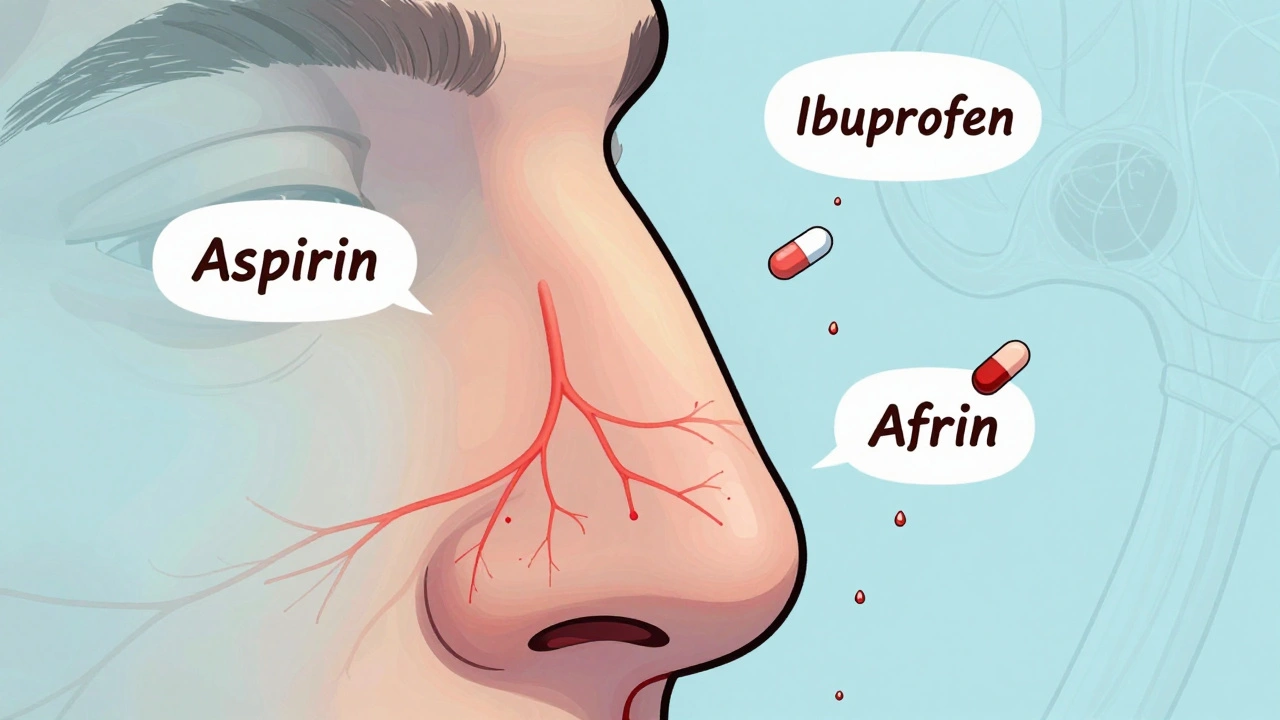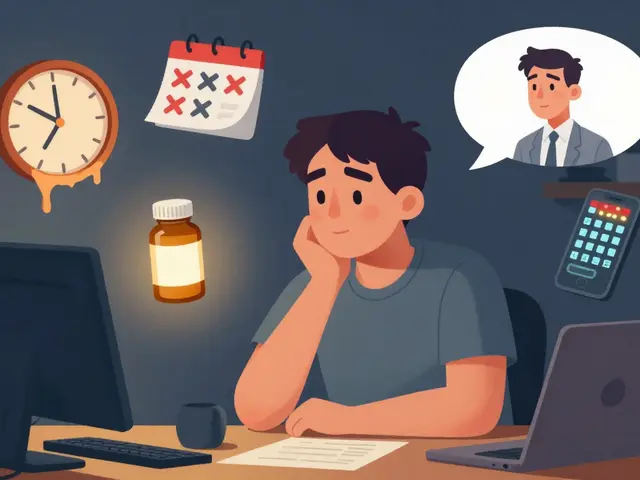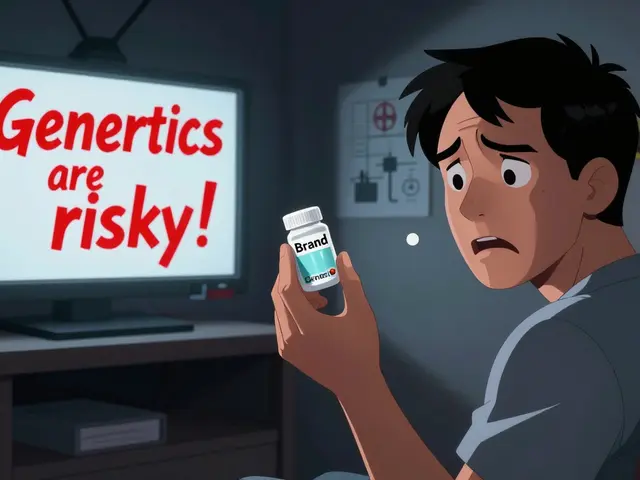Side effects: what to expect and how to handle them
Side effects are common, and they don’t always mean something bad is happening. But they can be confusing and scary when they pop up. This page helps you spot real problems, reduce mild reactions at home, and know when to call a doctor. You’ll also find links to specific articles on meds like Zoloft, Buspar, Augmentin, and others that explain side effects for each drug.
Quick patterns and simple fixes
Many side effects follow predictable patterns. Nausea, tiredness, headache, and stomach upset show up early and often fade after a few days. Sexual changes, sleep problems, or shifts in mood can take longer. Start by reading the medication leaflet—focus on common and serious reactions. Try these practical moves first:
- Take medicine with food if the leaflet allows it to cut nausea.
- Drink water and avoid alcohol when a drug causes dizziness or drowsiness.
- Split doses (only if your prescriber says it’s okay) or change timing — morning vs evening — to reduce sleep or energy issues.
- Use over-the-counter relief for mild symptoms: antacids for indigestion, anti-nausea remedies for stomach upset, or simple pain relievers for headaches (check interactions first).
If side effects feel minor and improve in a week, you’re likely on the right track. If they keep getting worse, stop and get help.
When to stop the drug or seek urgent care
Some reactions need fast action. Stop the drug and seek emergency care if you have breathing trouble, swollen face or throat, a sudden rash with blistering, fainting, severe chest pain, or signs of liver trouble (dark urine, yellow skin). Call your prescriber right away for rapid-onset problems like high fever, severe diarrhea, or thinking changes.
Don’t stop many meds abruptly—especially antidepressants, beta-blockers, or blood pressure drugs. Stopping suddenly can cause worse symptoms. If you want to stop, ask your doctor for a taper plan.
Keep a short side-effect log: date, symptom, timing after dose, other meds taken, and any relief tried. That note makes it easier for your clinician to spot patterns and suggest fixes or safer alternatives. Also, list all prescription, OTC, and herbal products you use—interactions are a common cause of side effects.
Want specifics? Check our posts on Zoloft for antidepressant effects, Buspar for anxiety medicine tips, Augmentin for antibiotic reactions, and Olmesartan for pregnancy concerns. Other guides cover drugs like Domperidone and Nebivolol and safer alternatives when side effects become a problem.
If you’re unsure, ask a pharmacist. They can often tell you whether a side effect is expected and how to manage it. And if something feels dangerously wrong, don’t wait—seek emergency care. Handling side effects well starts with knowing what’s normal, what’s not, and who to call when things change.







